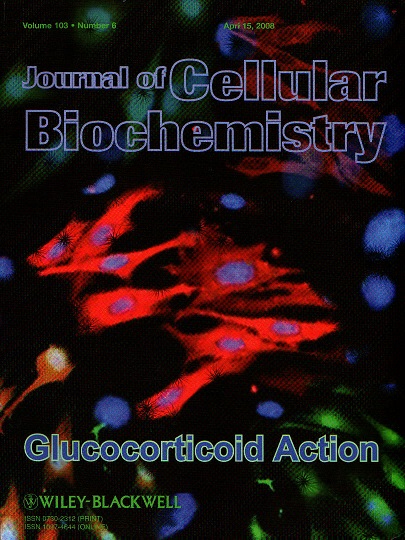Xingming Shi, PhD
Professor,
Dept. of Neuroscience & Regenerative Medicine
Mailing Address:
Dept. of Neuroscience & Regenerative Medicine
1120 15th St., Rm. CA2008
Medical College of Georgia at Augusta University
Augusta, GA 30912
Phone: (706) 721-1097
E-mail: xshi@augusta.edu
Education:
1982 Xinjiang University, BS
1987 Xinjiang Inst. of Biol, Chinese Acad. of Sciences, MS
1996 University of South Carolina, PhD
Training:
1996-2000 University of Alabama at Birmingham, Postdoctoral Scholar
2000-2004 University of Alabama at Birmingham, Research Instructor
Research interests:
The main research interests in our laboratory are to understand the cellular and molecular mechanisms underlying aging and anti-inflammatory steroid hormone glucocorticoid-induced bone loss and marrow fat accumulation, focusing on how aging and glucocorticoids regulate bone marrow mesenchymal stem cell (MSC) lineage commitment towards osteoblast and adipocyte differentiation pathways. The approaches used in our studies include cell and molecular biology, stem cell biology, and transgenic and conditional gene knockout animal models. The ultimate goal of our research is to develop new strategies preventing aging- and pharmacological agent-induced bone loss.

Current projects:
Inflammation and bone loss with aging. The major goal is to investigate how PPARg, via regulating fat and fat-generated factors, controls bone homeostasis and immune functions during aging process.
Lab members:
Yonggang Bao, PhD
Yun Su, BS
Selected publications:
- Su Y, Shen X, Chen J, Isales CM, Zhao J, Shi X. Differentially Expressed Genes in PPARγ-deficient MSCs. Mol Cell Endocrinol. 2018 Aug 15;471:97-104.
- Cao J, Ou G, Ding K, Yang N, Kream B, Hamrick M, Isales CM, Shi X. Impact of Targeted PPARg Disruption on Bone Remodeling. Mol Cell Endocrinol. 2015 Jul 15, 410, 27–34.
- Shi X, Blair HC, Yang X, McDonald JM, Cao X. Tandem repeat of C/EBP binding sites mediates PPARg gene transcription in glucocorticoid-induced adipocyte differentiation. J Cell Biochem. 2000 Jan;76(3):518-27.
- Zhang W, Ou G, Hamrick M, Hill W, Borke J, Wenger K, Chutkan N, Yu J, Mi QS, Isales CM, Shi X. Age-related changes in the osteogenic differentiation potential of mouse bone marrow stromal cells. J Bone Miner Res. 23(7):1118-28, 2008.
- Shi X, Shi W, Li Q, Song B, Wan M, Bai S, Cao X. A glucocorticoid-induced leucine-zipper protein, GILZ, inhibits adipogenesis of mesenchymal cells. EMBO Rep. 2003 Apr;4(4):374-80. (#: Corresponding author).
- Zhang W, Yang N, Shi X. Regulation of mesenchymal stem cell osteogenic differentiation by glucocorticoid-induced leucine zipper (GILZ). J Biol Chem. 283: 4723 –4729, 2008.
- Pan G, Cao J, Yang N, Ding K, Fan C, Xiong WC, Hamrick M, Isales C, and Shi X. Role of Glucocorticoid-Induced Leucine Zipper (GILZ) in Bone Acquisition. J. Biol. Chem. 289(28):19373-82, 2014.
- Yang N, Zhang W, Shi X. Glucocorticoid-induced leucine zipper (GILZ) mediates glucocorticoid action and inhibits inflammatory cytokine-induced COX-2 expression. J Cell Biochem. 103, 1671-1680, 2008.
- He L, Yang N, Isales CM, Shi X (2012) Glucocorticoid-Induced Leucine Zipper (GILZ) Antagonizes TNF-α Inhibition of Mesenchymal Stem Cell Osteogenic Differentiation. PLoS ONE 7(3): e31717.
- Yang N, Baban B, Isales CM, Sh Xi. Crosstalk Between BMSCs and Regulatory T Cells Through A GILZ/Del-1-Dependent Mechanism. FASEB J. 29(9): 3954-3963; September 2015.
- Yang N, Baban B, Isales CM, Shi XM (2017) Role of glucocorticoid-induced leucine zipper (GILZ) in inflammatory bone loss. PLOS ONE 12(8): e0181133.